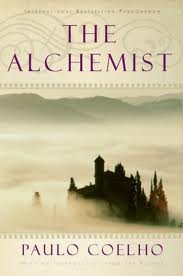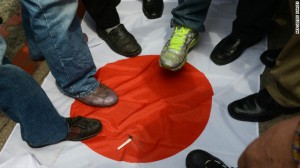If you are new to this collection of my writing, you might not remember the previous electronic incarnation: my floating ahead against a Pacific expanse of blue, a quirkily non-standard setup and, on my end, a more painstaking and often unreliable process of getting posts out into space. An occasional complaint, too, was that there was no mechanism on the old site for readers to offer comments.
Now, this one – and thanks again, Dan’l Jones! – is a more industrially standardized vehicle for wordiness, and has what people seem to expect: a ready option for feedback (though still, I hear, lamentably short on photos and winkin’n’blinkin do-dads). The only thing is, nobody comments. Not that I have many readers, but still the score is Spambots 78 106, Human Beings 0. Yes, I do have the doubtful comfort that a small battalion of automated, cyberspace “first responders” are clamouring for my attention. In the absence of sentient response, I will share with you some of the delightfully arcane comments that my robot friends offer.
Insanity Workout Review! had this to say: This is reportedly a few tips that you do month two before you throw yourself into this category of body shapes hourglass, pear, apple, h-shape, v-shape, and Oval shape. And don’t think I’m not grateful! Many are clumsily earnest in their praise of my superb writing, so they can’t be all bad. For example, Ferragamo Handbags said (and wouldn’t that be a great name for a character in The Hitchhiker’s Guide to the Galaxy?), Great piece of information! May I reference part of this on my blog if I post a backlink to this webpage? Thanks. It was so kind of Ms. Handbags to ask.




